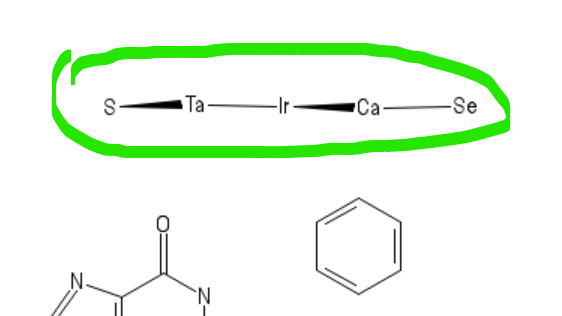Interests
Science: Mineralogy, biology, nuclear physics, mathematics, chemistry, taxonomy, epistemology/ideonomy, and some amount of psychology.
Video Games: The Evil Within 2, The Possession Experiment, Minecraft, SuperHot, MH4U, LoZ BotW, SSBU, and Pokemon.
TV and Movies: FMAB, Ghostbusters, The 100, and Godzilla.
Music: Emerald Falcon by Richard Meyer, Dragonhunter by Richard Meyer, Into the Raging River by Steven Reineke, Symphony 6 by Robert D McCashin, Symphony 6 opus 68 by Ludwig van Beethoven, Symphony 9 opus 95 by Antonin L Dvorak, Moonlight Sonata by Ludwig van Beethoven, Für Elise by Ludwig van Beethoven, Nuvole Bianche by Ludovico Einaudi, and Always by Peter B Helland.
Musical Instruments: Piano, cello, lyra, acoustic guitar, music box, and 8bit synth.
Miscellaneous: Weightlifting/Powerlifting, arm wrestling, martial arts (mostly empty-hand, but also including historical weaponry), writing and literature, Markiplier, JonTron, SCP Foundation, and chess.

